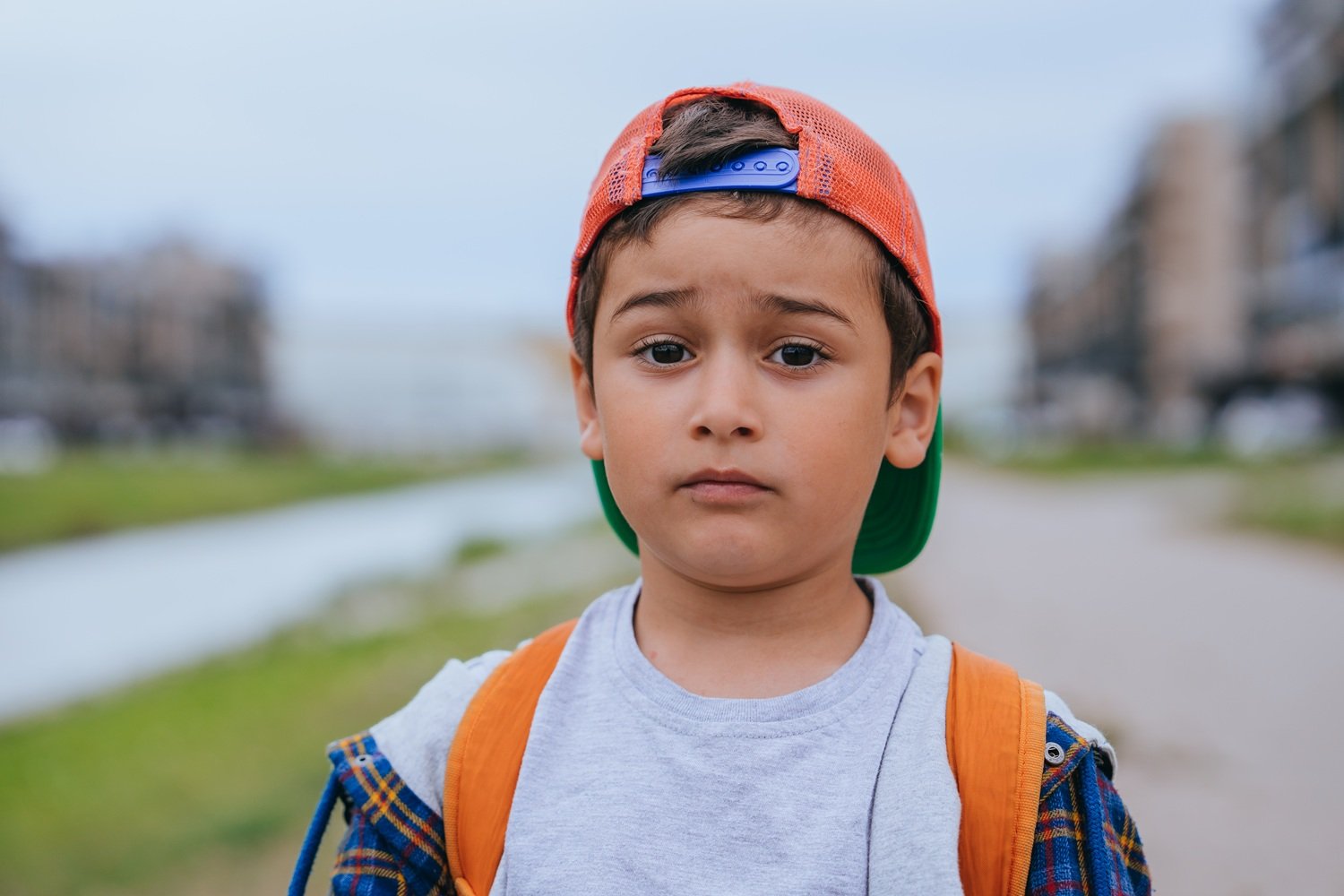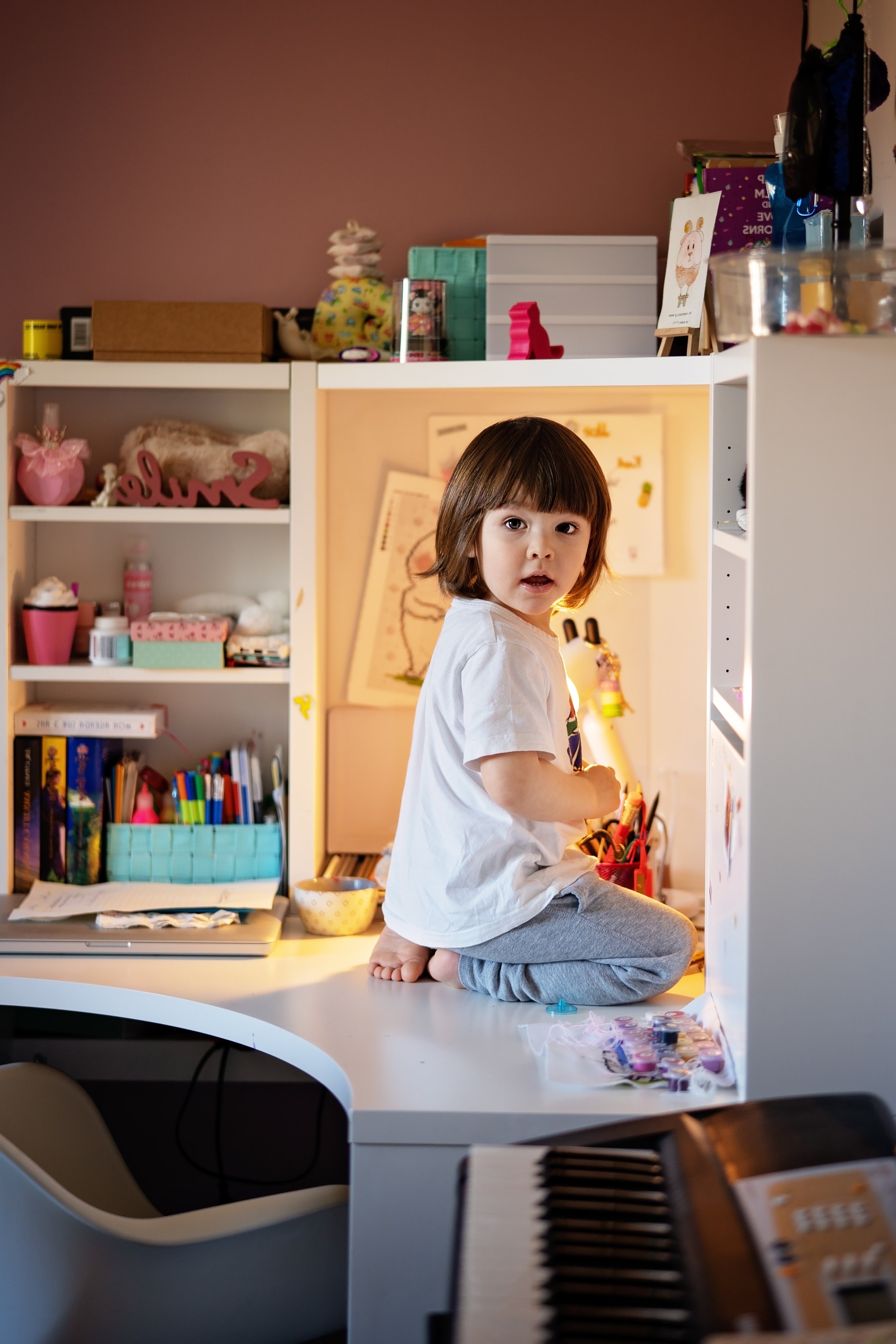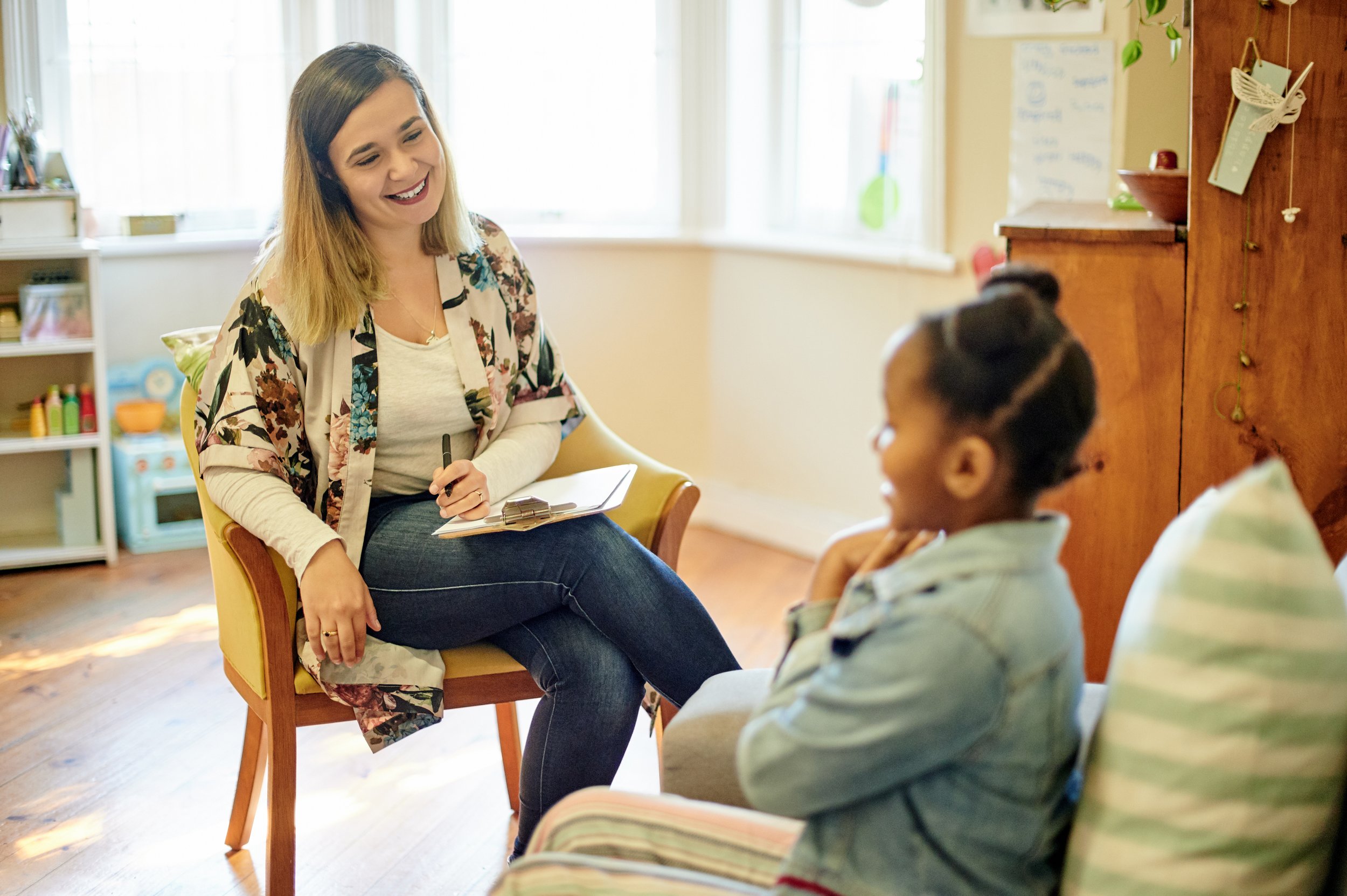Signs of Hidden Anxiety in Children That Every Parent Should Know
You’ve likely noticed, as a parent, that children express themselves quite differently from adults. For example, bursting into tears over small challenges or running around screaming with excitement would be worrisome in an adult, but totally normal in a kid! Also, as a parent, you’re the first one to notice when your child’s behavior changes. And depending on the change, you may start to worry.
Kids can’t always let you know what they’re thinking or feeling directly; they might not even fully understand their feelings themselves depending on their age, and they may try to hide their emotions out of confusion or fear. While this is totally normal developmentally, it can make it hard for parents to spot signs of things like hidden anxiety in children.
What are some subtle signs a child has anxiety?
So, what is a concerned parent to do? Education is a great first step. Learning about subtle signs of anxiety and how to support your anxious child can go a long way toward helping kids with anxiety.
It’s important to note that noticing changes in behavior or thought patterns is a key indication that something like anxiety is involved. If your child is naturally a little more shy, excitable, inclined to cry, fidget, etc, they may just be expressing their personality. You know your child best, and when you notice changes, that is the time to look into helping them cope with anxiety.
Signs of anxiety in children can include:
New patterns of mood swings, and getting upset very easily
Acting out, impulsive, or destructive behavior
Clinginess, crying more than usual
Sleeping poorly, nightmares, wanting to cosleep after sleeping independently
Fidgeting, unable to sit still or rest
Unable to eat, stomachaches, overeating, frequent toilet breaks
Avoiding school, disinterest in friends, unwillingness to play
Constant worrying, asking questions for reassurance about fears
Why might kids start showing signs of anxiety?
Life changes like loss of a loved one or a pet, moving house, changing schools, bullying, divorce or parental separation, school difficulties, changes in their friends’ lives, accidents, illnesses, injuries, hardships like housing insecurity or insufficient food, abuse, and neglect can all lead to anxiety for children.
Parents can create a calm home to help kids with anxiety
Now that you know some of the more subtle signs of anxiety in children and their causes, how can you help your anxious kid?
Relaxed routines: having a consistent routine, while also building in time for play and downtime, can offer your child stability, consistency, and breathing room to unwind.
Calm-down corner: When your child is showing signs of anxiety, offer them a chance to go to their calm-down corner. This shouldn’t be an isolated space for a time-out, but a space where your child feels comforted and happy. Soft blankets, quiet toys and favorite books, quiet music, and soothing smells like lavender can create a little oasis for your child when anxiety gets to be too much.
Healthy habits: Children who can regularly enjoy fun ways to exercise, healthy foods that taste good to them, and get decent sleep are less likely to struggle with anxiety, and more likely to be able to participate fully in other interventions to help them with anxiety.
Breathing exercises as family time: Helping kids with anxiety can be a whole-family effort, and taking the time to try out yoga, calming breathing exercises, or even meditation and visualization exercises can help anxious children feel safe and included.
Artistic expression to release feelings: Kids love to create, and artistic pursuits like painting and sculpting clay can help them express how they feel or what they’re thinking. Making some art with your kids can combine play with anxiety relief in a family activity that helps you connect with your child.
Therapy can help kids feel secure
While parental support at home can help manage hidden anxiety in kids, working with a therapist who specializes in helping kids with anxiety can help your child cope with both the symptoms of their anxiety and the causes of their anxiety.
Your child’s therapist will help them develop communication skills through a variety of fun, structured exercises, and they’ll work with your child on behavior and emotional regulation skills, so they can build their ability to cope with difficult feelings and impulsive urges. They’ll learn how to combat negative thoughts and how to express themselves and their feelings in a more constructive, safer way. Your child’s therapist will offer age-appropriate education on what they are going through as they deal with anxiety, so they can better understand both themselves and what they’re feeling.
Your home for child anxiety therapy in North Texas
At North Texas Adult & Child Counseling Center, as your child develops their ability to express what they’re feeling, their therapist will give them space and encouragement to open up. They’ll be able to combine their new skills with their new knowledge, working through their life experiences, easing the pressure of anxiety, and helping them live a happier, more relaxed life. At the same time, you’ll be invited to participate in the end of every session, so you can learn alongside your child how to help them manage anxiety. Together, your family can help your child cope with anxiety in healthy, healing ways.




